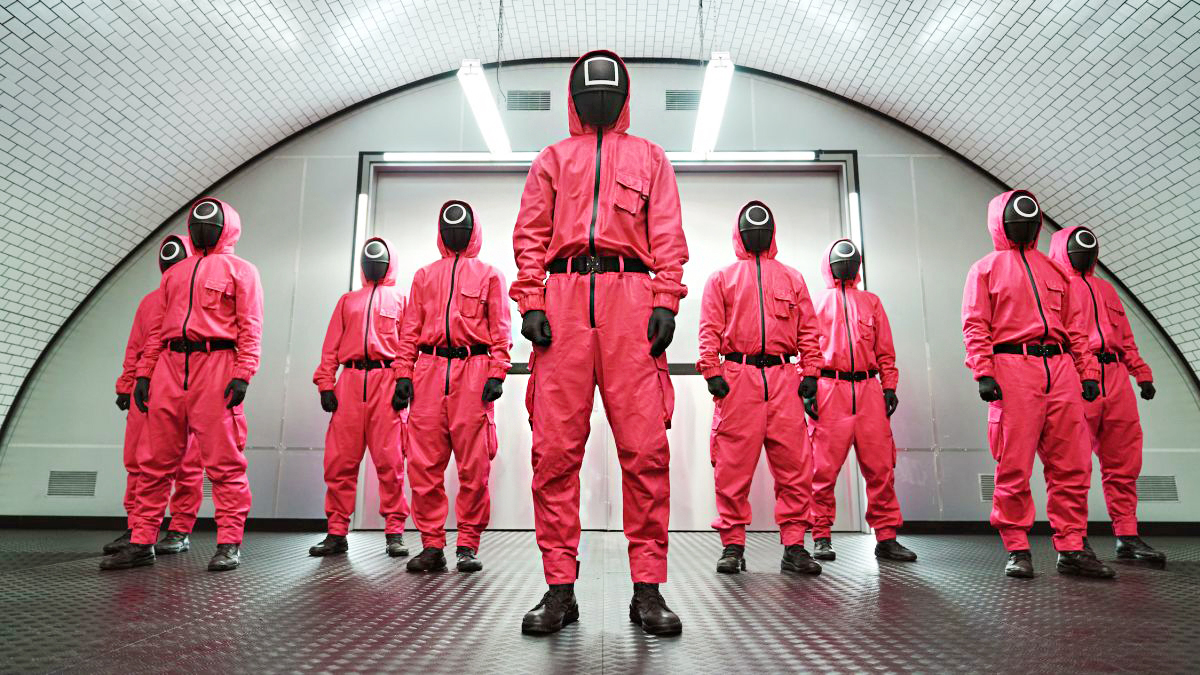According to a widely-shared recent essay, executives at streaming networks routinely ask screenwriters for film and television to produce scenes in which characters “announce what they’re doing, so that viewers who have this program on in the background can follow along”. The streaming platforms also have thousands of micro-genres in their catalogue including “casual viewing”, which is used for films and shows that go down best when you’re not paying attention.
It can be a salutary experience for a screenwriter to observe viewers when those viewers are watching a screen. You may have — if you’re any good, you will have — burned midnight oil and brain cells to make your screenplay cogent and your plot watertight. And then you see people watching á la Gogglebox: doing the ironing, chatting, wondering whether the bins need to be collected. A screenwriter’s job is to make them pay attention — or, at least, it was. Film editors and directors now labour over shots that viewers miss when there’s a notification on their phone; scrolling and “second screen” viewing have made this even more acute.
Is it any wonder that a lot of modern streaming TV suffers from slowness and bloat, considering that its main function is not to keep you entertained moment by moment, as analogue TV did, but merely to keep you subscribed to the service, with its enormous range of little-watched fare?
The actual viewing figures for streaming services, despite being more accurate and more readily available to the networks in question, are kept a ruthlessly close secret. You can have a “hit” show that nobody is actually watching.
So it’s no surprise that “casual viewing” is on the up, and this may not necessarily be a bad thing. One of the most irritating ways TV has changed alongside tech in recent decades has been the vaunting of every single programme, no matter how trivial, as epically unmissable. One longs for the days when things were just “on”, without any fanfare telling us how life-altering they were. Programmes such as Vera and Emmerdale are trumpeted like the arrival of the Queen of Sheba. Nobody ever claimed that Shoestring or Terry and June were going to change our lives, but it was nice they were there. And maybe it’s that breezy genre of show which Netflix and its competitors, previously beholden to complex arcs and “journeys”, are rediscovering.
This steer to writers, however, hits on an age-old question: at the start of a show in particular, would the viewer rather be a little lost, or have everything spelt out? Cinema, with its lack of competing distractions, has always had the edge over TV here. Watching the beginning of a film requires a heightened sense of mental effort: they’ve already caught you, so they can afford to be more coy.
There is an art to setting the scene out in dialogue and action. If you get it right, the viewer won’t even notice they’re receiving the information. Having a character “announce what they’re doing” cuts across that. There is no need for Hamlet to enter proceedings and announce: “Here I am, lads. Time to find out if the stories about my father’s ghost haunting the ramparts are true.” An even slightly attentive audience member will have picked that up from dialogue, and attentive is the key word here: if you’re only half-watching a programme, then of course everything will need to be announced.
Pretty soon, this may all be academic. Advances in AI mean that any day now we’ll likely be able to pause the action and ask the characters who they are, what they know and what they want. The art of screenwriting may well transform into the art of curating the best prompts. Netflix and the other streaming services were born from technological change. They may die from it too.











Join the discussion
Join like minded readers that support our journalism by becoming a paid subscriber
To join the discussion in the comments, become a paid subscriber.
Join like minded readers that support our journalism, read unlimited articles and enjoy other subscriber-only benefits.
Subscribe